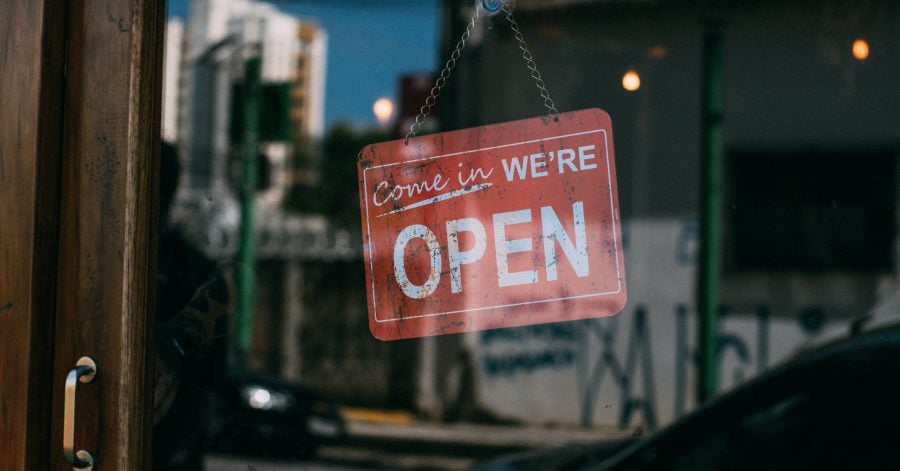Leading associations from the Bulgarian business community including BVCA, BESCO, and Endeavor, sent an open letter to the President and the Ministries of Economy and Finance in regards to the National Recovery and Sustainability Plan, an EU funded instrument aimed at helping EU members recover from the pandemic-caused crisis. The business organizations are urging the public institution to consider financing the recovery of the Bulgarian economy with more financial instruments targeted towards SMEs. Their main position is that financial instruments such as equity and quasi-equity financing, guarantees, and loans are more effective and efficient for the revival of the economy and for the recovery of SMEs after the Covid-19 crisis than grants.
They claim that if more resources are allocated to SMEs through financial instruments, the chances for Bulgaria to make a transition towards a value-added economy and improve its export competitiveness will increase.
The proposal of the group of associations is based on success metrics from the JEREMIE (Joint European Resources for Micro to Medium Enterprises) model of the EU, which ensures more transparency, expertise and encourages more private financing. The European Investment Bank (EIB) has an active decision-making role in the creation and management of financial instruments under JEREMIE and the model has so far been implemented in Bulgaria, Romania, Greece, and Ukraine.
The expected impact of a JEREMIE-like National Recovery Plan
The open letter highlights that for 3 years since its introduction in Bulgaria, the JEREMIE model has enabled the financing of more than 7 600 small firms and has supported over 157 000 job positions. Out of those there have been around 200 innovative startups with a total of 3 000 highly-paid employees. Pointing out that the local ecosystem has matured since the first JEREMIE program, the business community expects that the new funds will be financed mainly through private capital. In previous iterations up to 90% of the capital under management of the funds came from public resources.
Financial instruments are noted to have a strong positive impact on the long-term productivity of SMEs and aid in the development of a knowledge-based economy with a focus on digitalization and green technologies. The need for additional public support in the high-risk investment market is especially relevant in the local context. According to the European Innovation Scoreboard 2020, Bulgaria is still considered a modest innovator and occupies the last ranks together with Romania.
The multiplication of public resources
Here is a brief overview of the impact of all financial instruments of the European Investment Funds in Bulgaria, as pointed out in the open letter:
- With €451M public capital the instruments have attracted €991M additional private capital.
- More than 11 600 SMEs have been financed with €1.4B, which is triple the amount of the initially invested public resource.
- The recycled resource is reinvested and when combined with the private capital, it is projected to generate some additional €800M for the funding of 10 000 enterprises.
- The total financing after the cycle is completed, is predicted to reach €2.2B, which is five times more than the value of the initial public investment.
Referring to the successes of local VCs, which have managed to attract additional foreign capital for their portfolio of startups, the open letter underlines that the sole investment in one of the companies of the portfolio of LAUNCHub, GTMhub, has attracted €40M from foreign investors – a sum that is equivalent to the total amount of funds that Bulgarian VCs have invested in 2020.







